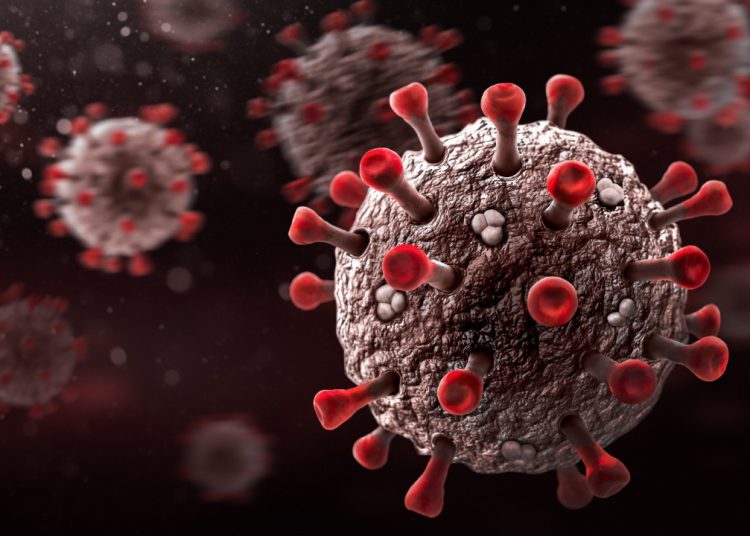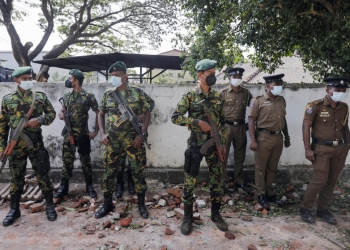Do you know The Omicron coronavirus variant spread around the world on Sunday, with new cases found in the Netherlands, Denmark, and Australia even as more countries imposed travel restrictions to try to seal themselves off? Sounds serious? The World Health Organization (WHO) said it was not yet clear whether Omicron, first detected in Southern Africa, is more transmissible than other variants, or if it causes more severe disease. Though the whole thing needs a lot of research and understanding.
Preliminary data suggests that there are increasing rates of hospitalization in South Africa, but this may be due to increasing overall numbers of people becoming infected, rather than a result of a specific infection. The detection of Omicron triggered global alarm again as governments around the world
- Scrambled to impose new travel curbs and
- Financial markets sold-off,
- Fearing the variant could resist vaccinations
Dutch health authorities said 13 cases of the variant were found among people on two flights that arrived in Amsterdam from South Africa on Friday. Dutch military police said they arrested a married couple who left a hotel where they were in quarantine after testing positive for COVID-19 and were attempting to flee the country. Omicron, dubbed a “variant of concern” last week by the WHO that is potentially more contagious than previous variants, has now been detected in Australia, Belgium, Botswana, Britain, Denmark, Germany, Hong Kong, Israel, Italy, the Netherlands, France, Canada, and South Africa. South African doctor who was one of the first to suspect a different coronavirus strain said on Sunday that symptoms of Omicron were so far mild and could be treated at home. Angelique Coetzee, chair of the South African Medical Association, told Reuters that unlike with Delta, so far patients have not reported a loss of smell or taste and there has been no major drop in oxygen levels with the new variant.
























